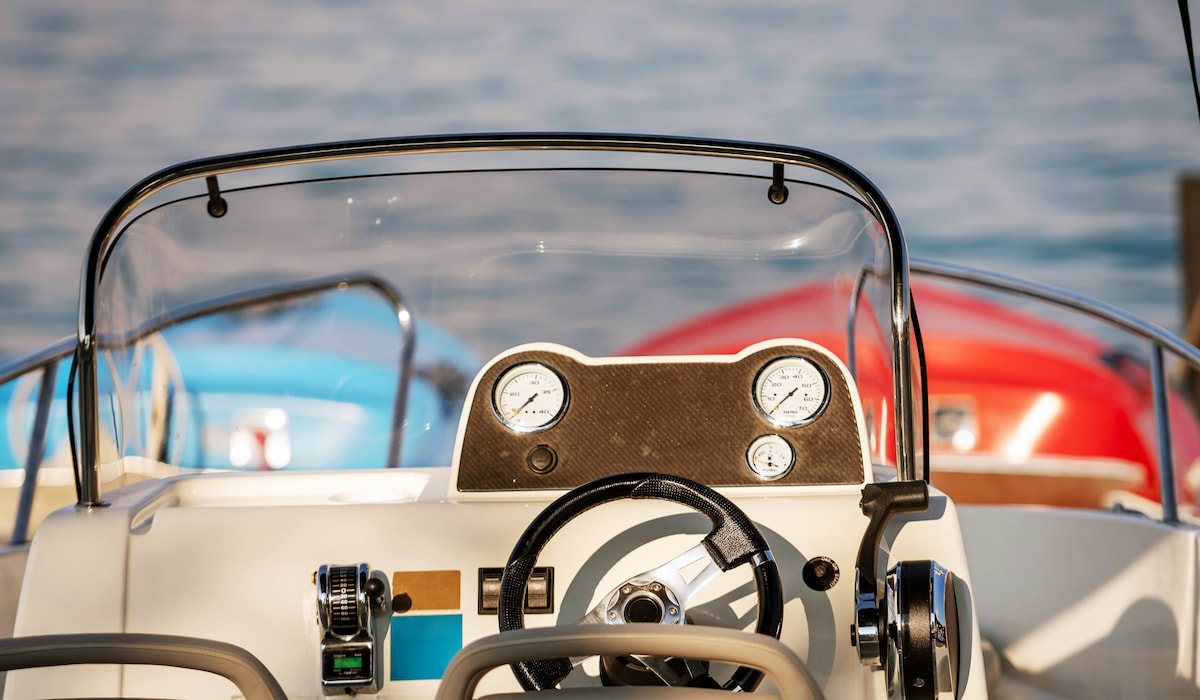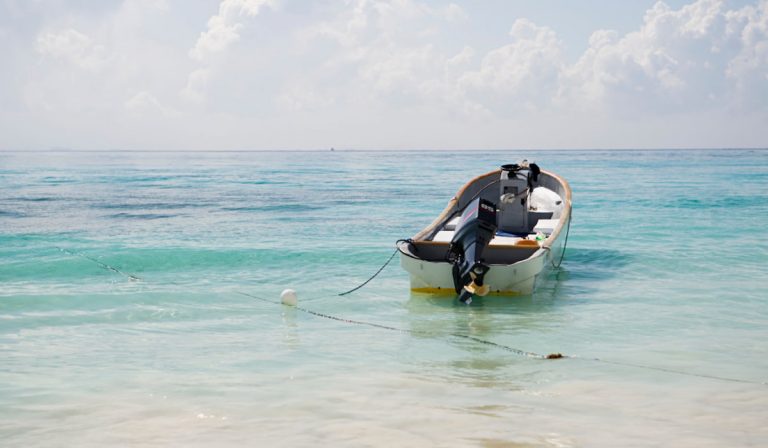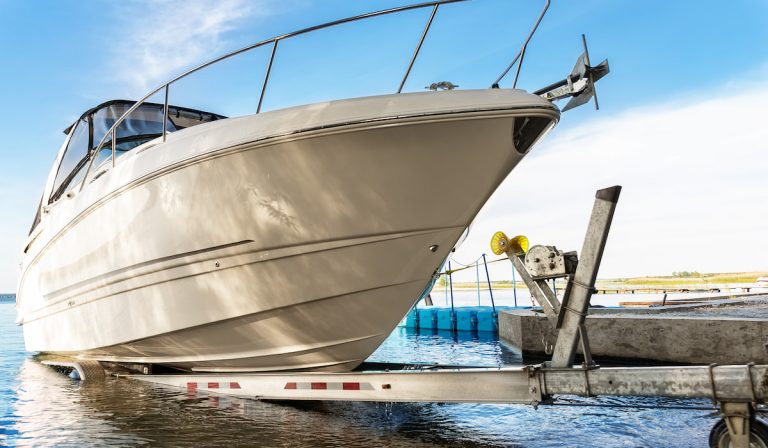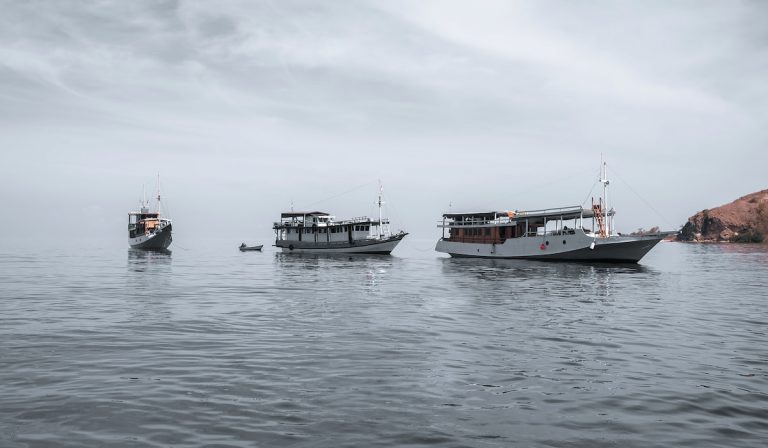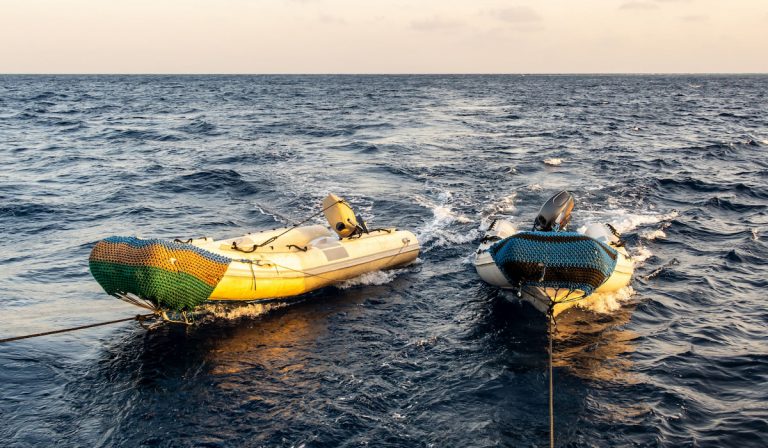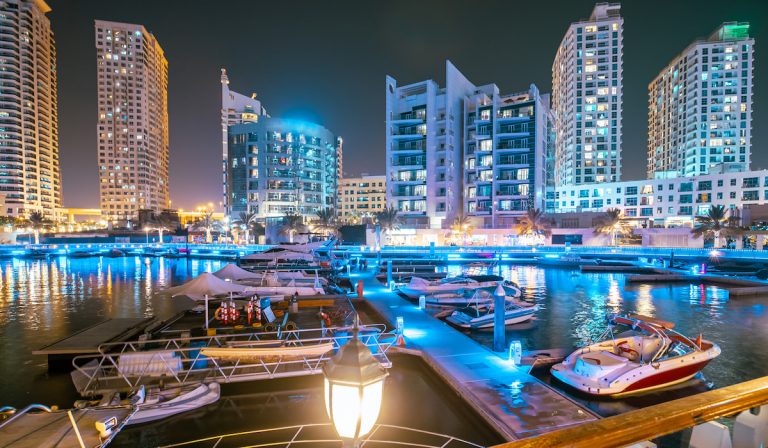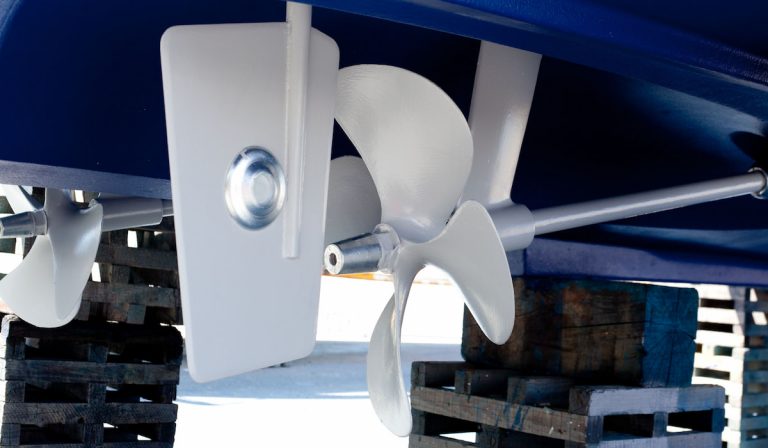Ultimate Guide To Buying A Boat
Having a river, lake, or dam on your property or near your property can open up a whole new world for a homesteader: that of boating.
Buying a boat is surprisingly similar to buying a car; there are many options and many that are built for a specific purpose. For those that are new to boating, the choice and variety may be overwhelming, which is why we developed the ultimate guide to buying a boat.
A brand new boat is the best boat to buy, but good used boats are a good alternative.
When buying a boat, you should select a boat that meets your purpose and the waters you operate in. The boat must be sound structurally and the motor in good operating condition, and be free from safety issues.
Most boats are designed with a specific purpose or activity in mind, but that does not mean that a boat cannot be multi-purpose, which will affect your boat choice. Buying the wrong boat is not only a waste of money, but it could be dangerous to use in certain circumstances.
Choosing the right boat, however, can expand your horizons as a homesteader.
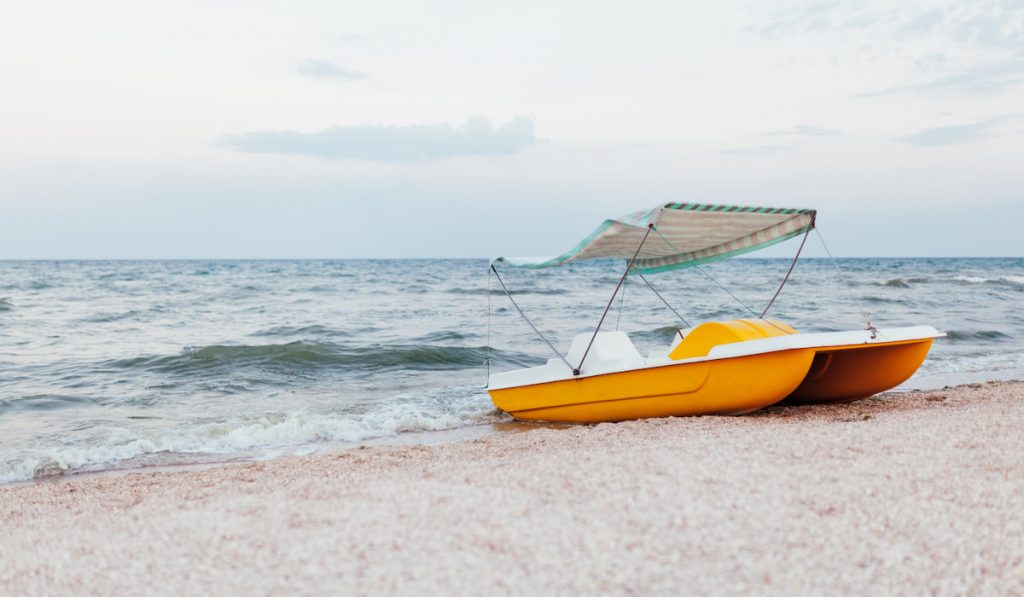
How To Choose Your Boat?
Choosing the right boat requires knowing what your want in a boat as well as knowing what you need in a boat. This requires knowledge of the types of boats out there, what they are good for, and what they are not good for.
Most of us can relate to the purchase of a car because it is something most of us are familiar with. Buying a Ferrari if you live on a gravel road that becomes a pool of mud in the wet season and knowing you need to haul hay bales around your homestead would not be a wise purchase.
Likewise, buying a super-fast motorboat when your water is a rocky, shallow river will be an example of buying a boat that does not suit your purpose or your needs.
Boats can be a purchase that carries a significant price tag, so making sure you get the best boat possible for your needs requires a clinical evaluation of your needs.
However, boats can be for fun too, so don’t forget to build in a fun element in your choice of a boat so you can enjoy your boat as well as use it as a tool.
Take the time to carefully review each of the points below to establish firmly in your mind your boating needs. You will be better equipped to match the right boat to your requirements when you know exactly what you need in a boat.
What Water Will You Use The Boat On?
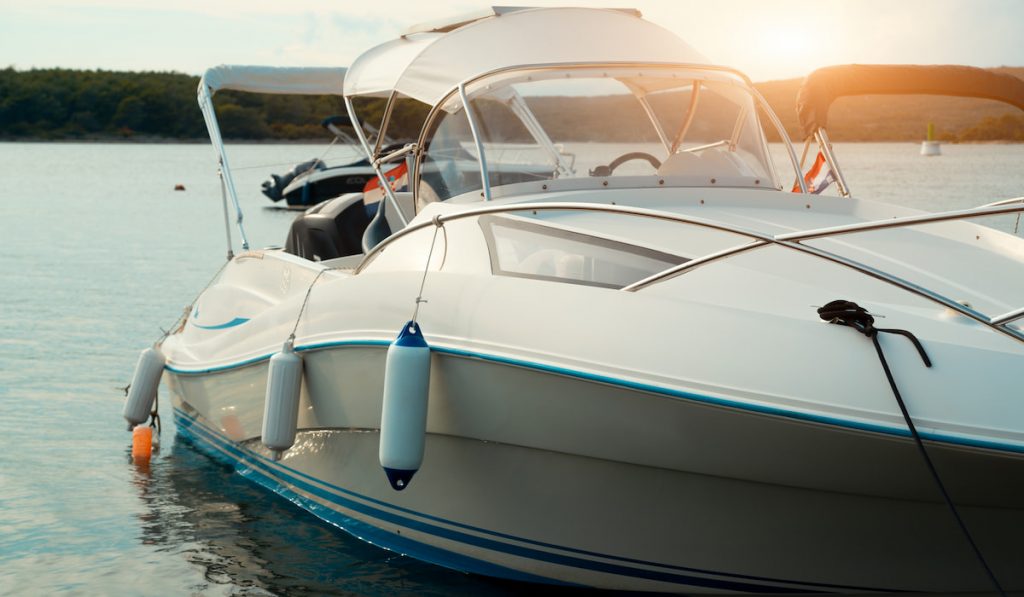
The body of water you will be using the boat on will play a significant role in the design and configuration of the boat that you will need.
- Shallow rivers. Shallow rivers can be useful as an alternative transport route to get to neighbors, the local town, or even for fishing. Shallow rivers are usually fairly fast-flowing rivers with rocky bottoms. A flat-bottomed boat or one that does not have a deep keel would be the ideal choice. A Jon boat or a skiff would also be a good choice for these waters.
- Deep rivers. Deep rivers pose less of a danger for submerged obstacles such as rocks and trees. A boat with a deeper hull will also provide more stability and allow for faster speeds on deep, flat water. Bass boats that have a reasonably shallow hull but enough of a keel for stability are a good choice. A mid-size boat that is small enough to navigate small channels in the deep river would be better than a large boat which would limit access.
- Small Dams. Small dams can have a mixture of shallow water and deep water, so depending on your launch site, a boat with a shallow hull or flat bottom would be a better choice. Small dams are seldom prone to rough water, so stability should not be an issue. A small to medium-sized boat would also be the more appropriate choice for a small dam since there are not large distances to cover, and you may need to navigate narrow channels.
- Large lakes. Large lakes imply vast expanses of water which requires a larger capacity boat to cover the distances comfortably. Lakes may have shallow waters as well as deep waters, which means you need to choose a boat with an appropriate hull for the areas of the lake you frequent the most.
- Long distances. If you need to travel long distances on your boat, you may need to look at a boat that provides some shelter for inclement weather, a boat with a more powerful motor, and larger fuel tanks to cover the distance. Vast expanses of water can become very rough in stormy water, so a stable boat that can handle choppy water would be a good choice.
How Many People Will You Transport?
Boats have a limited carrying capacity for transporting people. It is not only the space onboard that limits the number of people the boat can carry, but also the weight and the weight distribution that needs consideration.
If you are a family of four and you buy a two-seater boat, you will not be able to take the entire family out on the water at the same time. If this is a priority for you, the boat you should consider should be capable of carrying the people who usually go out with you with some spare capacity for gear.
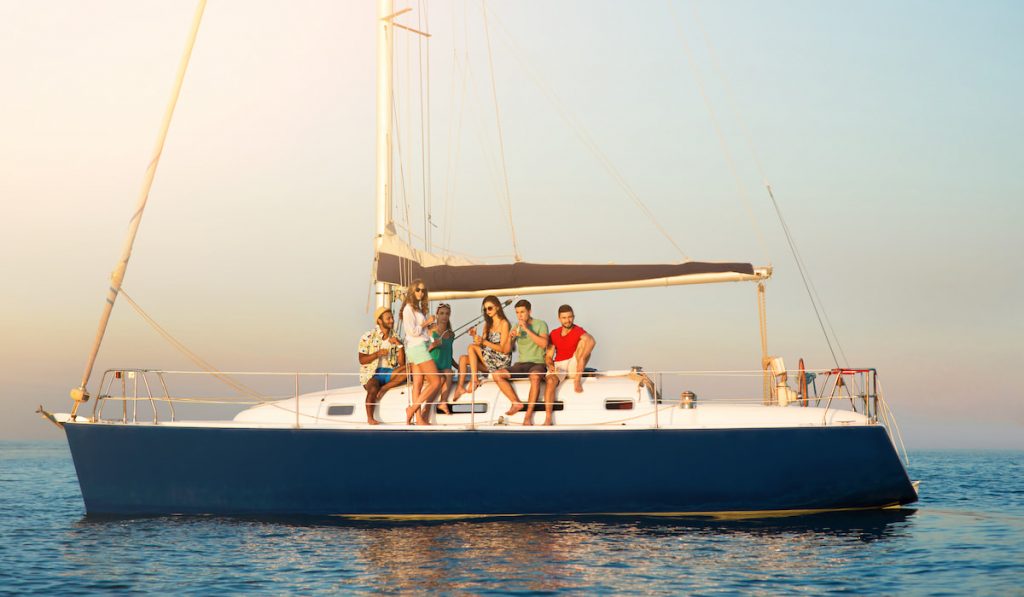
What Do You Need The Boat To Do?
The main function that you use the boat for will be a determining factor for the structure, configuration, size, and power of the boat.
If you haul cargo with the boat, then open space on the boat would be a priority. If you carry people, seating and protection from the elements would be a priority. Should fishing be the main task for the boat, then a stable fishing platform would be the highest priority characteristic of the boat.
Hull type is an important consideration in your boat construction. Shallow rocky waters can be damaging to the hull of a boat. If your waters have this complication, you may want to look for a boat with an aluminum hull rather than a fiberglass or composite hull.
To motorboat or not, that is the question! If you are using your boat for basic functions and short trips, you may not need a motor at all. In some instances, a kayak or a rowboat would give you more versatility and flexibility.
If you are taking recreational activities into consideration in your boat selection, then you need to select a boat with the right power and configuration for the recreational aspect as well. Towing people on tubes or skis requires a stronger motor than trolling around looking for a good fishing spot!
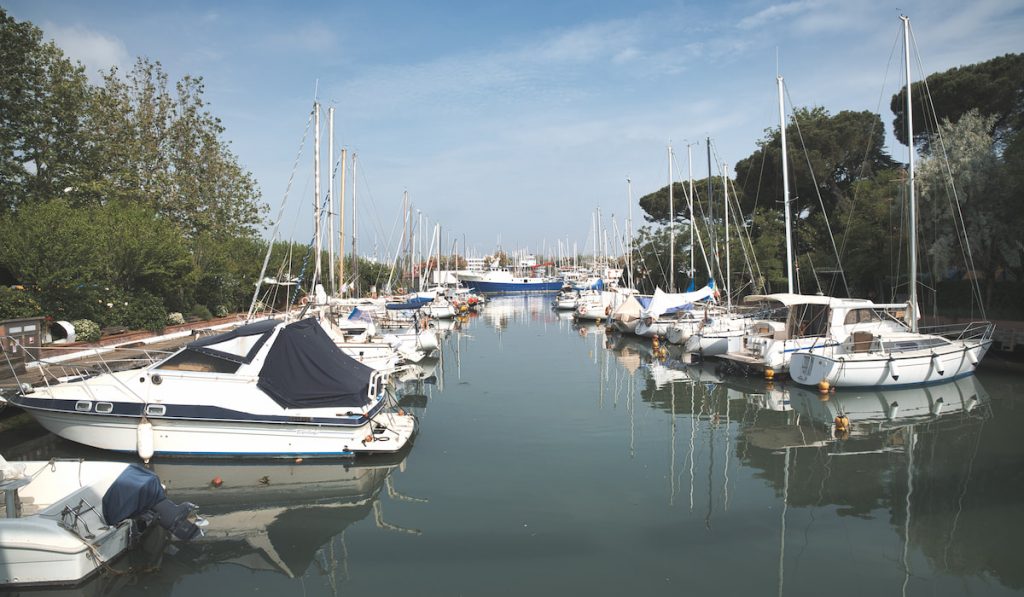
Are Used Boats Worth Buying?
Boats can be an expensive purchase, especially when bought brand new. There is a large market for used boats, but once again, we can relate this back to the secondhand car market. You can get a good buy in a used boat, but you can also get a lemon that will cause you more grief than you want to deal with!
Used boats are definitely worth buying as an alternative to a new boat. You can get a good deal at a considerably lower cost than the price of a new boat.
Buying secondhand boats is not without its risks, and you should know what to look for when buying a used boat to ensure you get value for your buck.
Buying a new boat would be the best choice, but if your budget does not cater to this kind of expense, a used boat is a good alternative. Much like cars, boats depreciate in value as time marches on, which makes it possible to find some good deals on boats in good condition.
The downside to buying a used boat is that you need to know what to look for when you kick the tires and lift the hood, to stick with the car analogy. If you don’t know too much about boats, taking a friend with you who has some knowledge about boats would be a good idea.
If you are looking at a used boat on your own, you need to know which main points to look out for as potential trouble spots. We have put together a list of things to look out for to make sure your purchase will be sound and water-worthy!
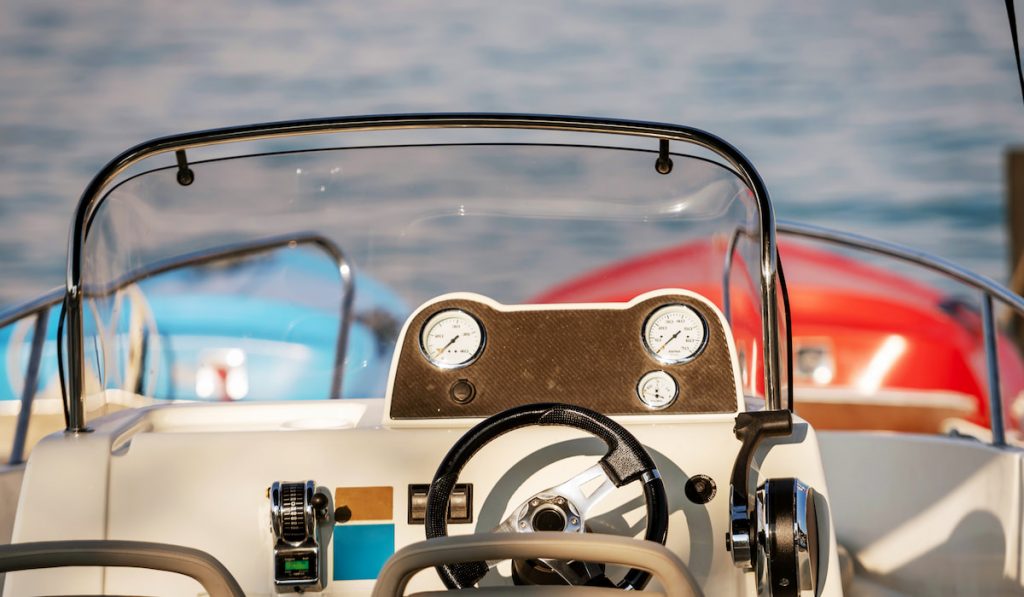
What To Look For When Buying a Boat
Used boats come in a variety of conditions which depend on the age of the boat and how well it has been cared for over the years. The main aspect to look out for at a basic level is the soundness of the structure and the condition of the motor.
Here are some of the major checkpoints to inspect on a used boat to ensure you are not buying a boat that will spend more time on land than the water.
- Hull blistering. The hull is the structural part of the boat, and any defects on the hull would be a point of concern. Blistering is noticeable on fiberglass boats when moisture gets into the fiberglass and becomes trapped between the fiberglass and the gel-coat layer. While these can be repaired, the repairs will devalue the boat further and result in repair costs that you do not need. Large blisters of this sort would indicate potential future problems and should be avoided. This symptom is most noticeable in older boats that have been around for a decade or more.
- Cracks in the hull material. Some cracks on an old boat are inevitable, and not all cracks are a problem. You should inspect the hull above and below the water line for cracks. The odd minor crack here and there is not a cause for concern, but multiple radiating cracks from stress areas such as mounting points should be concerning. Multiple cracks in one area could also indicate a point of impact that you should investigate further.
- Check the hull for chips, old repairs, and scratches. Many of these are cosmetic, and you could negotiate a lower price, but some could indicate the boat has been repaired previously. Repairs on older boats are fine if the repair has been carried out correctly and there is no exposed fiberglass below the waterline of the boat. A repair done on the boat should enable you to get a lower price, but the repair must be sound.
- The steering mechanism of the boat. This is an important safety concern on the boat and one of the most common causes of accidents. The steering is also one of the more expensive components to repair on a boat besides the motor.
Most boats use a cable system for steering, and the system can become worn over time. The steering cables and mounting areas are where the wear is most likely to be evident.
You can check the system for wear by standing behind the boat and trying to move the outboard motor from side to side. If the outboard engine moves more than an inch without the steering wheel moving, it indicates a large amount of wear in the system, which is a point of concern.
Some slack is acceptable, but if it is more than an inch, it could be a safety problem operating the boat, and repairing the mechanism can be costly.
- Engine skeg and propeller should be damage-free. If these components of the motor are damaged, it could indicate abuse, and a damaged propeller will reduce the efficiency of the motor and cost more in fuel.
- Check the engine oil. If the engine oil has a milky color, it indicates water in the oil, which speaks to a problem in the engine. Likewise, if the oil smells burnt or feels gritty, it can indicate serious engine issues.
- Check the fuel in the motor. Open the fuel tank and smell the fuel. If the fuel smells off, the engine may have been standing for a long time, or the fuel may be contaminated, which may require a major engine overhaul to rectify.
- Look for corrosion spots. If the boat has any metal components, particularly on engine mountings, you should inspect these for signs of corrosion or rust.
- Check electrical connections. Take a look at the battery connections to see that they are free from corrosion, and check other wiring for loose connections. Check the age of the battery and make sure there are no signs of issues like the battery standing in water.
- Does the boat come with a trailer? Owning a boat means you need some way to transport the craft to and from the water. Make sure the boat you are purchasing includes the trailer; otherwise, you will need to have your own trailer, which could involve purchasing it separately.
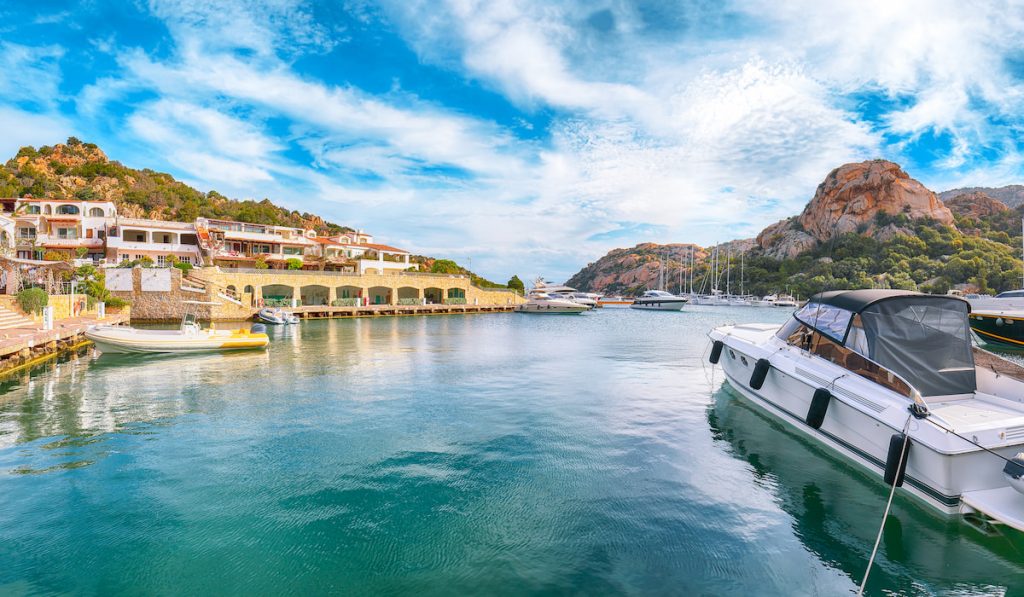
Boat Ownership Costs
Something that may new boat owners may not realize is that the cost of ownership does not stop with the purchase price of the boat.
If you are boating on public waters, there will be regulations that you will need to comply with before launching your boat.
Some waters require the boats to be registered and have permits to operate on the water. This documentation often carries an annual fee that you need to renew each year.
On public waters, you may also be required to obtain a skipper or boat piloting license, which is a course you need to attend to become familiar with the rules for operating a boat where there will be other boat traffic.
If you leave your boat docked at a marina, there may be docking fees and storage fees that you need to take into account. Boats operated on public water must also carry insurance, which is another ongoing cost.
Conclusion
Having a boat of your own can be a big advantage when you have waterfront property or access to water in your vicinity. The water can act as a thoroughfare to get to locations faster than by road, and the water itself can offer food gathering opportunities for those who enjoy living off the land.
For these circumstances, a boat can be an indispensable vehicle for a homestead and open doors of opportunity on many fronts.
Don’t forget the recreational aspect of a day or relaxation out on the water! Even homesteaders need a day off now and again!
Resources
- https://www.boattrader.com/resources/how-to-buy-boat-ultimate-boat-buying-guide/
- https://gorollick.com/articles/consumer/the-ultimate-beginners-guide-to-buying-a-boat/
- https://boatinggeeks.com/best-boats-for-shallow-water/
- https://www.discoverboating.com/buying/boat-buyers-guide
- https://www.legendboats.com/?blog=boat-buying-101

